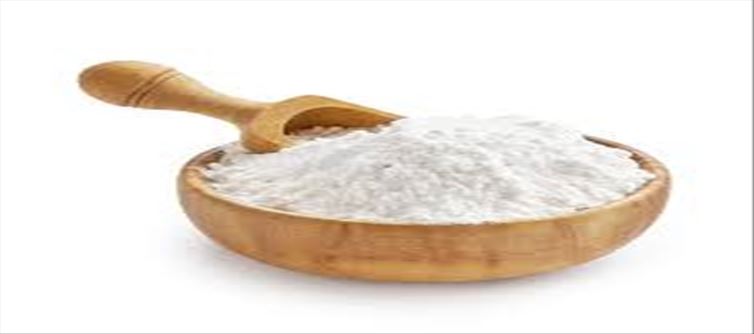
Consuming Maida, also known as refined wheat flour or all-purpose flour, can have various consequences on one's health. Maida undergoes extensive processing and lacks the essential nutrients and dietary fibre present in whole grains or whole wheat. When regularly and excessively consumed in the form of maida-based products like white bread, pastries, and some pasta types, it can give rise to several health concerns.
.jpeg)
One primary concern associated with Maida consumption pertains to its impact on blood sugar levels. Maida is classified as a high-glycaemic index (GI) food, meaning it can cause a swift surge in blood sugar upon ingestion. This surge is often followed by a subsequent drop in blood sugar levels, resulting in increased hunger and cravings for more high-carbohydrate foods. This pattern can, over time, contribute to weight gain and heighten the risk of developing type 2 diabetes.
Maida-based products typically lack dietary fibre, which is crucial for maintaining a healthy digestive system. The absence of fibre in Maida can lead to issues such as constipation and digestive discomfort. Moreover, a diet rich in Maida and deficient in fibre may elevate the chances of developing colorectal cancer. Furthermore, Maida-based foods tend to be calorie-dense and contain unhealthy fats, including trans fats. Regular consumption of these foods can result in weight gain, obesity, and an increased susceptibility to heart disease.




 click and follow Indiaherald WhatsApp channel
click and follow Indiaherald WhatsApp channel